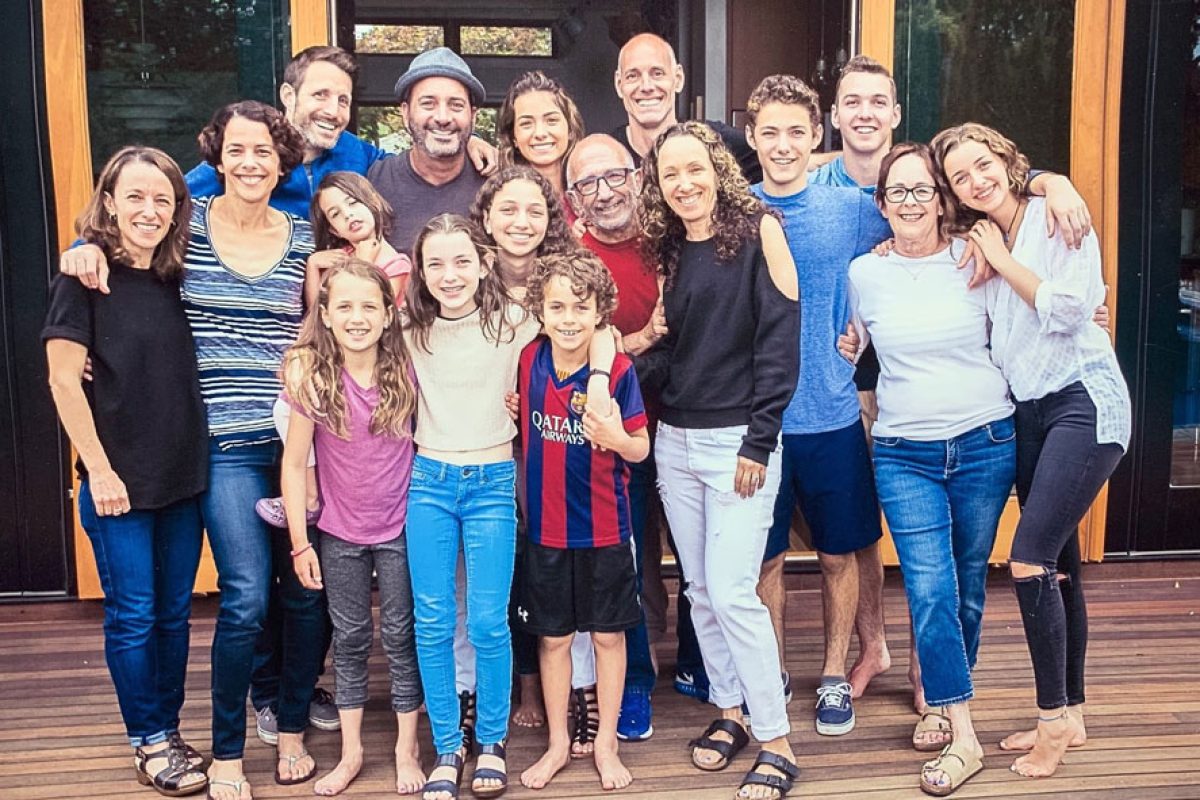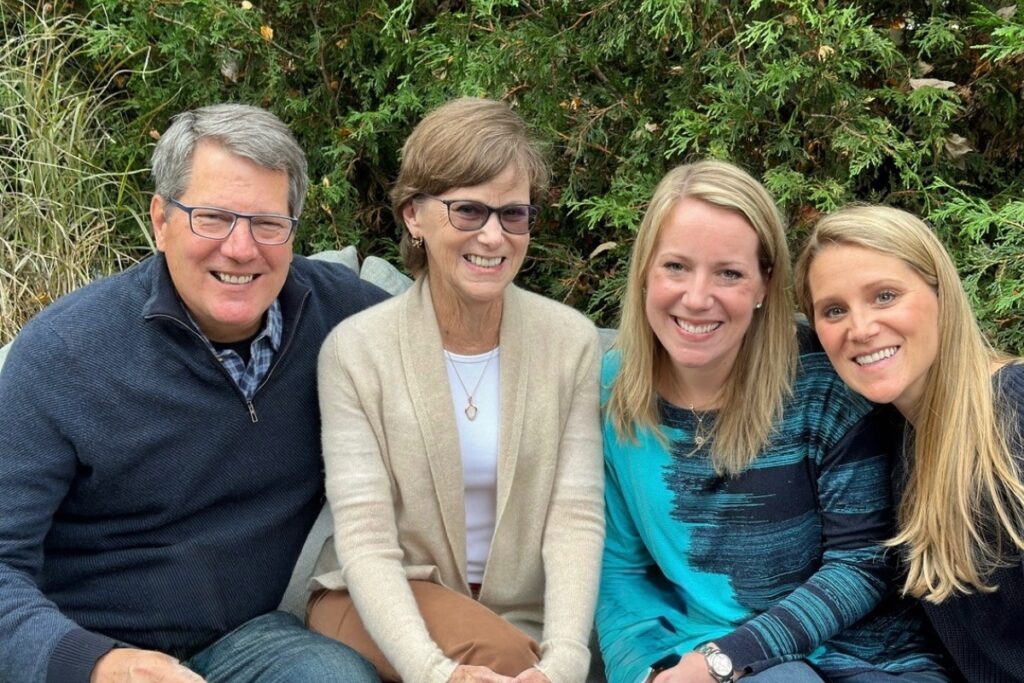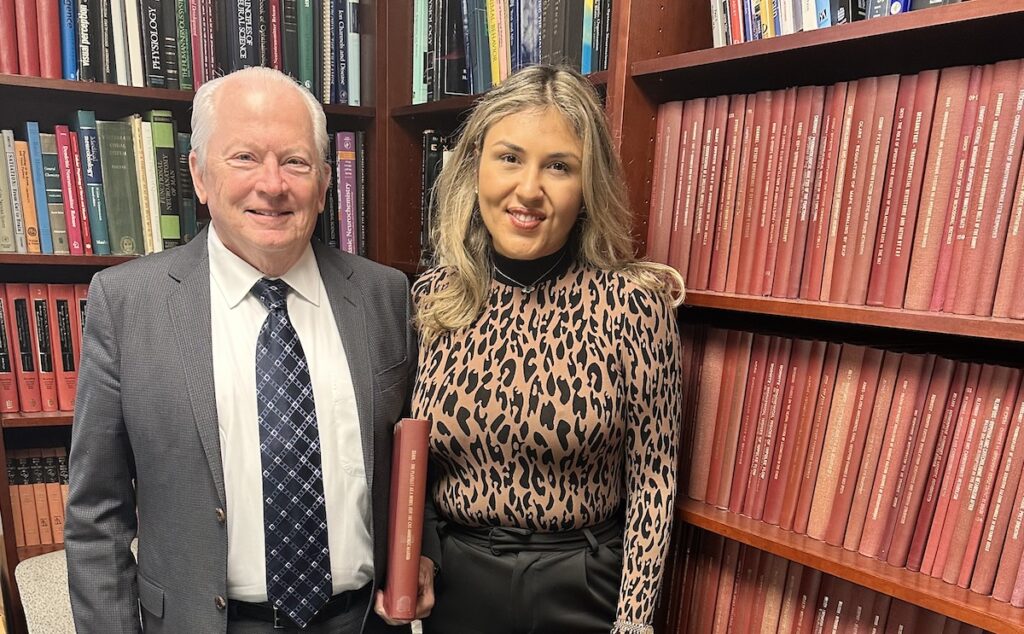Although more than half of medical students today are women, they make up only 6.5 percent of orthopaedic surgeons, according to the American Academy of Orthopaedic Surgeons. These numbers continue to lag behind, in contrast to other male-dominated surgical specialties, such as neurosurgery and urology, which have seen greater gains. Fortunately, the playing field is more even at the University of Chicago Medicine, but there is still room for improvement.
The lack of diversity in orthopaedic surgery extends beyond gender. Less than 2 percent of those practicing are Black, just 2.2 percent are Hispanic, and 0.4 percent are Native American.
Barbara and Michael Simon, MD, professor of orthopaedic surgery and rehabilitation medicine, sought to help change this and increase diversity in the field by establishing and endowing the Simon Diversity Scholar Fund in the Department of Orthopaedic Surgery and Rehabilitation Medicine at UChicago Medicine. By supporting generations of highly engaged faculty who become Simon Diversity Scholars, the Simons’ gift will establish a legacy of leadership in fostering diversity and inclusion in the field of orthopaedic surgery.
Each scholar, chosen by a selection committee after an application process, will serve a three-year term dedicated to activities that help maintain and build diversity in the field, both within and outside the University of Chicago. The scholars will develop as mentors and patient advocates, while also encouraging students to pursue orthopaedic surgery.
“Exposing a diverse group of high school, college, and medical students to orthopaedic surgery early is key,” said Megan Conti Mica, MD, associate professor of orthopaedic surgery and rehabilitation medicine and the inaugural Simon Diversity Scholar. “When I meet with students, I share that I am an orthopaedic surgeon, but also a wife and mother with hobbies outside of medicine. I want to show them that they can still be an orthopaedic surgeon, even if they don’t fit the stereotypical mold.”
Conti Mica is also arranging forums for students to engage with female orthopaedic surgeons across the country to learn about topics like work-life balance and navigating residency programs. As the inaugural scholar, Conti Mica will also lend her perspective to faculty search committees and diversity and inclusion committees within her department and beyond.
Making a difference in the community
The Simons, who lived in Hyde Park for 22 years and raised their three daughters there, sought to not only diversify the field but also help patients in their community.
“The faculty and trainees should mirror the patients we serve,” said Dr. Simon. “We hope our gift will help the department to recruit and retain more diverse faculty, so that we can better serve our patients.”
To this end, Conti Mica seeks to conduct research related to health disparities that affect the patients she sees. Though less widely publicized than disparities in other areas like maternal mortality, heart disease, and cancer, orthopaedic surgery also has a history of disparities.
“We want to make sure our patients are appropriately served and that we’re listening,” Conti Mica said. “For example, after a patient has surgery on their arm, we need to normalize asking questions like, ‘Do you have a ride home after surgery?’ or ‘Do you have someone to help you prepare meals?’ to ensure we’re addressing their needs holistically.”
Douglas Dirschl, MD, Lowell T. Coggeshall Professor of Orthopaedic Surgery and chair of the Department of Orthopaedic Surgery and Rehabilitation Medicine, seeks to build on this further.
“Some groups may not even be getting to surgery as much as others because of implicit biases,” he said.
In fact, patients of color are less likely to receive knee and hip replacements or care for hip fractures than white patients.
“It’s not enough for us to appreciate diversity and treat each patient fairly,” Dirschl said. “We need to behave in ways that are anti-racist and bring that into our daily patient encounters. That means asking ourselves how we can improve, while also asking our patients what they think we can do better.”
The Simons are passionate about making an impact.
“Our hope is that, through this gift, we can make a difference on the South Side of Chicago through the important work being led at UChicago Medicine,” said Dr. Simon.
While their gift seeks to benefit patients on the South Side, it also has the potential to touch lives across the country, as scholars share their findings.
“As each scholar gains expertise and knowledge in diversity and inclusion, they will begin to be included in committees and conversations beyond UChicago Medicine, where they can weigh in on these issues and affect change on a national stage,” Dirschl said.




